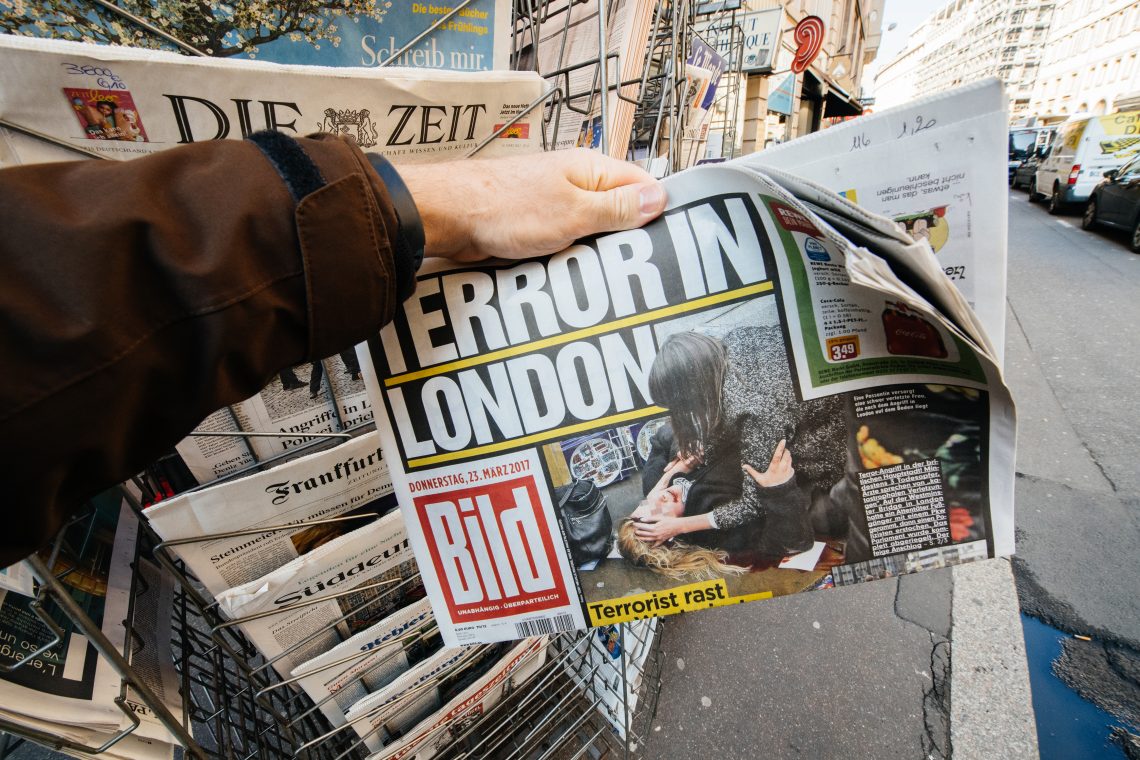
The threat posed by religious extremists is global, immediate, violent and deeply rooted in issues of identity, theology and faith. Governments, think tanks and NGOs spend tremendous amounts of money every year, debating and redeveloping strategies to deal with religious extremism but IFFSE believes that it is religious communities themselves who should carry the burden of responsibility to offer tangible solutions to this intractable global problem. Nobody truly understands the strengths, weaknesses and subtleties of a faith community as well as deeply committed adherents to that faith. They are therefore uniquely placed to create meaningful change and must recognise their responsibilities in this area.
Platitudes and strongly worded statements distancing mainstream faith communities from acts of terrorism are entirely inadequate. This problem calls for tangible and measurable steps with honest evaluation of progress. Transparency, accountability and theological integrity are essential in rebuilding trust across faith communities. Therefore, IFFSE works together with cross-sectoral stakeholders on a set of principles and programmes based on a manifesto of the Conference of European Rabbis on religious extremism to strengthen social cohesion, security and tolerance in Europe and promote moderate religious practices, integration and positive citizenship. In particular, the aim of IFFSE is to mobilise religious leaders play an active role in improving the security of their communities and to counterattack the abuse of religious extremism, and terrorism both on and off-line.
These principles and programmes include among other things measures to enhance control and transparency about what is preached in mosques as well as in other places of worship and by whom they are financed as well as which foreign and digital influences encourage extremism, violence and terrorism. Furthermore, IFFSE actively fosters the training of religious leaders that must take place in Europe and be certified according to a strict catalogue of criteria, including the obligation to show loyalty to the laws that apply here, to profess peace and tolerance and to communicate these principles to their communities.

